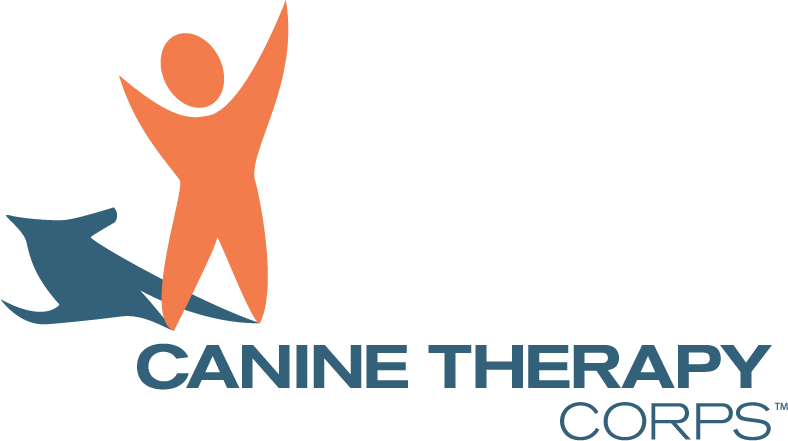DAve's Story
Imagine you wake up one morning, and you can’t move your left side. You’d be confused, and very scared. Assuming that you are a relatively young and healthy person, having a stroke probably wouldn’t be the first thing you’d assume had happened. But that’s exactly what happened to my sister, Sarah.
Sarah had just graduated from high school four days prior when tragedy struck. Her world was full of promise—she was a letter winner, a cheerleader, and the homecoming queen. She was healthy and active—just a normal kid. Nothing could have prepared us for what happened next.
Just like with anything catastrophic that happens in life, I can remember exactly where I was when I heard the news. It was Memorial Day 2005. Sarah had been at a friend’s house for a sleepover the previous night and wasn’t home yet. I was at home, talking to my dad about football, when we got the call. They told us Sarah woke up this morning, but she couldn’t walk. We immediately rushed over and got her transported to the hospital in an ambulance. A stroke was just about the last thing we had expected in a healthy, 18-year-old kid, but that was the diagnosis the doctors came back with several hours later.
We were all blown away by the news. Sarah had a patent foramen ovale (PFO), a small hole in her heart covered by a small flap-like opening. In most people, it closes during infancy, but in her case, it didn’t. This allowed a blood clot, which started in her leg, to move up to the brain, causing the paralysis and stroke. I was astounded that something like this could happen to a person as healthy as Sarah.
After the initial few days in the hospital, Sarah moved to the Rehabilitation Institute of Chicago (RIC) where she would begin the long process of learning to walk again. At the time, I was in college playing football, but I came home as often as possible to see her. During my football games, I would write her initials on my ankle tape and play in her honor. It reminded me of the struggle that she was going through, and when I felt tired and didn’t think I could go on, I would look at those initials and it would remind me that if Sarah could overcome her struggle, then I could get through this too.
Sarah’s goal was to walk again so that she could go to college at Indiana University. She did a great deal of physical therapy and was put on machines that helped her to walk again. While she was there, she also got to participate in Canine Therapy Corps’ physical rehabilitation program. The dogs helped Sarah’s motivation and made her recovery feel less like work. She focused more on what a good time she was having, rather than on the strain of the physical therapy process. Despite the lighthearted atmosphere, at every Canine Therapy Corps session, she was getting stronger and closer to her goals of walking and attending college. The dogs brightened her day and lifted her spirits, and even the smiles they brought to her face were a form of physical therapy, helping strengthen those muscles. Dogs just have a magical ability to brighten your day, no matter what you’re going through.
Sarah reached her goals, and she did attend Indiana University that fall. Although she was up and walking again, she did not yet have her full range of motion. Her freshman year was tough. She continued dealing with her physical challenges while also tackling all the other the difficulties thrown at college freshmen. There were times she wanted to give up and come home, but we always stayed positive and encouraged her to persevere and regain her independence. Each passing day was less of a struggle. Sarah joined a sorority, studied journalism, and even studied abroad for six months. In her senior year, she was invited to be a keynote speaker at the American Heart Association’s Heart Ball to benefit their lifesaving mission. You can watch the full video here. When I saw how far she came in four short years, and how eloquently she spoke about her experience, I could not have been more proud.
Today, Sarah is doing amazingly well. She got married a year ago and recently bought a home. She’s working for a social media company and continues public speaking. You’d never know that just 10 years ago, half or her body was paralyzed. She’s an extremely strong woman, just like our grandmother, and her struggle brought us even closer together.
2015 was the tenth anniversary of Sarah’s stroke, and to honor how far she has come, I decided to test my own dog to become a Canine Therapy Corps therapy dog. Poppi, a Shepherd/Labrador mix, has a wonderful temperament and passed the test on her first try in April. In the fall, we will begin working at the Rehabilitation Institute of Chicago, where my sister learned to walk again. I want to help others, like my sister, who need the extra motivation therapy dogs provide to continue working towards their physical therapy goals. When I’m having a bad day, I just think about my sister, and the other patients at the Rehabilitation Institute of Chicago who are overcoming seemingly insurmountable challenges, and it always puts my life in perspective.
Thank you for helping people, like my sister, overcome extremely daunting challenges and go on to live full and healthy lives, and thank you for supporting the ability of volunteers like me to continue this valuable work. Your donations help people face what seems impossible and come out victorious.
Sincerely,
Dave Mordis

